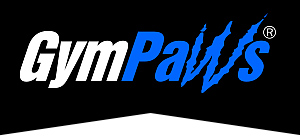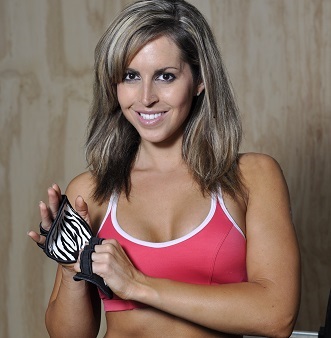
Weightlifting Grip Pads
 There are lots of types of grips in weight lifting. Most are designed to help protect your hands from callus causing friction and pressure that results from weightlifting and workingout. With all the variations available, whare weightlifting grip pads are best for what you need them for? Not all fitness fanatics and weightlifting fans use weightlifting gloves. They’re still the small minority that seem to think that gross callused hands are a badge of honor. They’re misinformed. Calluses are actually a medical condition. Callosity is what your doctor would call calluses. Whether on your hands, knees, feet or elbows calluses are your body’s natural defense against excessive pressure and friction. The skin thickens and hardens if left untreated. Calluses shouldn’t be your natural weightlifting grip pads. While they may feel thick and tough, anyone who’s been thru a crossfit #wod and ended up with bleeding and cracked hands will likely not agree.
There are lots of types of grips in weight lifting. Most are designed to help protect your hands from callus causing friction and pressure that results from weightlifting and workingout. With all the variations available, whare weightlifting grip pads are best for what you need them for? Not all fitness fanatics and weightlifting fans use weightlifting gloves. They’re still the small minority that seem to think that gross callused hands are a badge of honor. They’re misinformed. Calluses are actually a medical condition. Callosity is what your doctor would call calluses. Whether on your hands, knees, feet or elbows calluses are your body’s natural defense against excessive pressure and friction. The skin thickens and hardens if left untreated. Calluses shouldn’t be your natural weightlifting grip pads. While they may feel thick and tough, anyone who’s been thru a crossfit #wod and ended up with bleeding and cracked hands will likely not agree.
Types of Weightlifting Grip Pads
1. Leather. GymPaws are one of the only leather lifting grips available. While some amateur weightlifters or gym goers may think that a stickier or tackier grip will be better for lifting, they are misinformed. When doing anything in the gym you want your hands to naturally rotate around the bar whether its the bar of a dumbbell or a pull ups bar. Leather lifting grips protect your hands with the most durable material available, while still allowing your hands to move freely.  2. Rubber. The hugely popular rubber / sponge big back power pad lifting grips are great for a couple of uses. Because the tackiness of the rubbery surface doesn’t allow your hands to move with the weight, they will soon tear apart. This is why they are so expensive and sold in multiple pack quantities. 3. Fabric and Neoprene. Neoprene is an awesome material. It is naturally moisture resistant and is the same material scuba diving gear is made from for this reason. The back of GymPaws® Weightlifting grip pads are made from Neoprene to draw moisture and sweat away from your grip. Be weary of those products that are made solely of Nylon or Neoprene. They will offer little more protection than your cotton gym towel!
2. Rubber. The hugely popular rubber / sponge big back power pad lifting grips are great for a couple of uses. Because the tackiness of the rubbery surface doesn’t allow your hands to move with the weight, they will soon tear apart. This is why they are so expensive and sold in multiple pack quantities. 3. Fabric and Neoprene. Neoprene is an awesome material. It is naturally moisture resistant and is the same material scuba diving gear is made from for this reason. The back of GymPaws® Weightlifting grip pads are made from Neoprene to draw moisture and sweat away from your grip. Be weary of those products that are made solely of Nylon or Neoprene. They will offer little more protection than your cotton gym towel!




